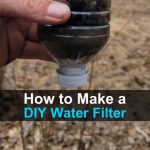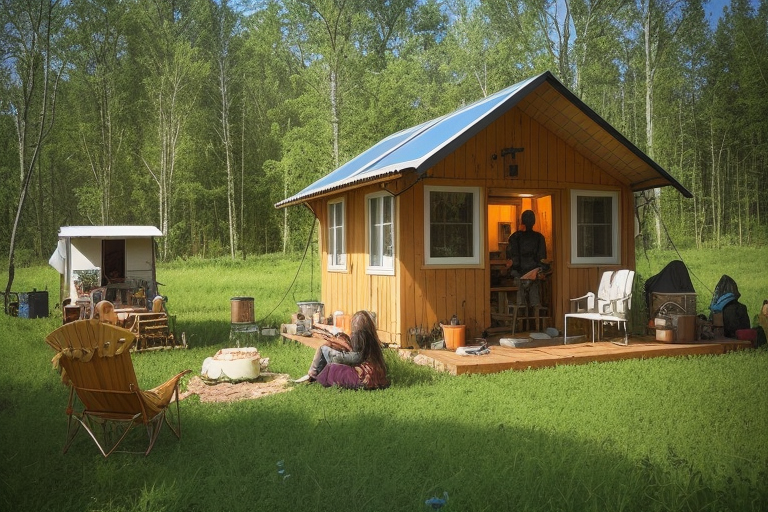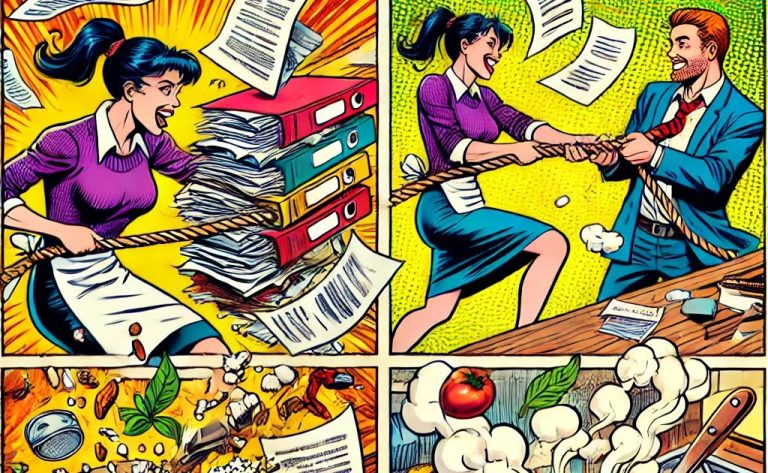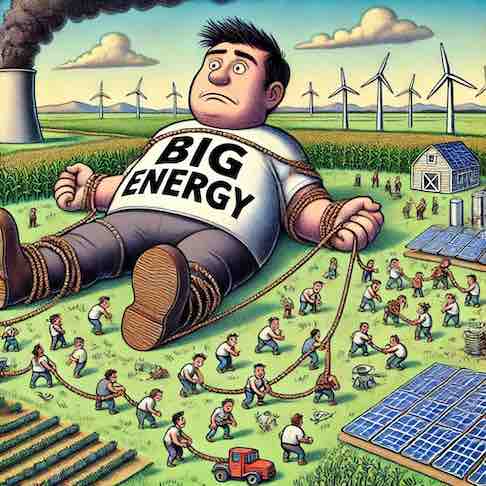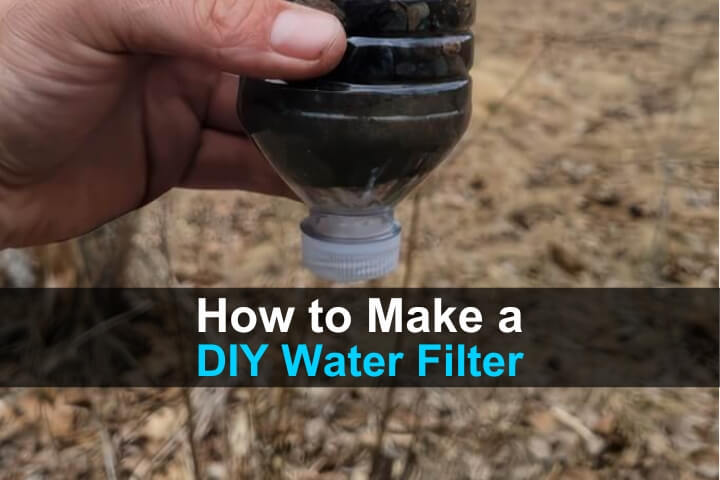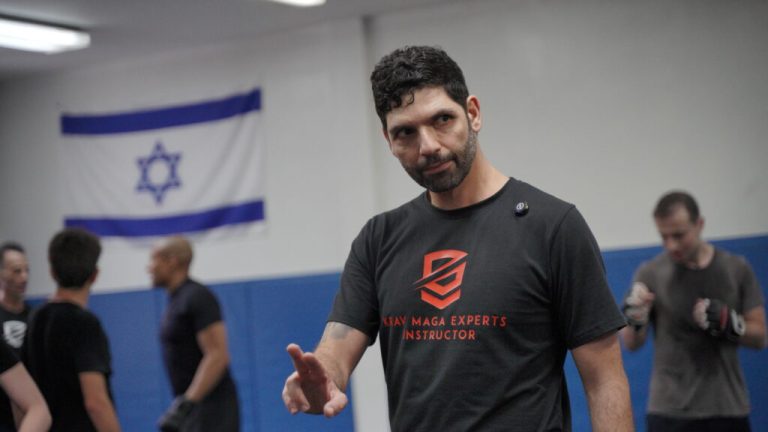Living off-grid has become a captivating alternative lifestyle for many individuals seeking a deeper connection with nature and a sense of self-sufficiency. While the idea of disconnecting from the grid and embracing a more sustainable existence holds undeniable appeal, it is essential to acknowledge the challenges that come with this unique way of life.
My husband and I have lived 100{cca75e9353239ebe3876fa059c6fb81b7e2e38636d1ade8b2707160eb9584f24} off the grid since December 2007, there have been many ups and downs on our journey, and journey it has been, I have never considered “off grid” as a destination but an ongoing journey. Once one challenge has been overcome, there are always more challenges to look forward to, hint: challenges are not negative.
Energy independence
One of the primary challenges of off-grid living is achieving and maintaining energy independence. Without access to traditional power sources, off-gridders rely on renewable energy solutions such as solar panels, wind turbines, or hydroelectric systems. While these technologies have come a long way, their efficiency and reliability can be affected by factors like weather conditions and geographical location.
The property we purchased had the option of having electricity run, but there were no actual utilities on the property, we never wanted to be hooked up to the grid so it was very simple to go with our own systems rather than relying on the grid for our electricity and other utilities.
Water
Securing a reliable source of water is crucial for off-grid living. Many off-gridders rely on wells, rainwater harvesting, or other alternative water sources. However, droughts, contamination, and water quality issues can pose significant challenges. Effective water management and conservation practices become essential to ensure a sustainable and sufficient water supply.
This was very easy for us, even though we purchased in the desert, there is a good water table underground for wells, and there is also a rainy season (monsoons) that occurs during the later summer/early fall months, collecting rainwater is something many of our neighbors do, we also collect rainwater.
What to do with all that trash…
Proper waste disposal is another hurdle for those living off the grid. Without access to municipal waste services, off-gridders must adopt eco-friendly waste management practices. Composting toilets, recycling, and responsible disposal of non-biodegradable waste become integral components of an off-grid lifestyle.
Do you need other people?
The remoteness of many off-grid locations can lead to social isolation, posing a challenge for individuals who thrive on social interactions. Limited access to healthcare, educational resources, and community services may also contribute to feelings of isolation. Building a supportive off-grid community and leveraging modern communication technologies are vital for overcoming these challenges.
I find there are 2 different kinds of people, those who need social interaction, and those who don’t, of course, there is a spectrum here. My hubby and I tend to fall more into the less social interaction side of this, we enjoy our semi-isolation so it’s not a problem for us.
Who is going to pay for all of this?
Transitioning to an off-grid lifestyle can require a substantial initial investment in renewable energy systems, water infrastructure, and sustainable housing. While the long-term savings on utility bills may offset these costs, the upfront financial burden can be a significant barrier for many, but it doesn’t have to be.
We started out small, we purchased a bit of acreage with nothing on it and built everything ourselves. It helped that we were in a very rural area with few “municipal codes” to have to deal with, your mileage may vary depending on where you choose to live. Because we did so much of everything ourselves and started out small, it was much more economical for us.
Got skills?
Living off the grid demands a diverse skill set, including but not limited to gardening, animal husbandry, construction, and basic maintenance of alternative energy systems. Acquiring and honing these skills can be time-consuming and requires a willingness to learn and adapt to a more self-reliant lifestyle.
It certainly helps to be a DIY type of person, someone who can build, fix, and create, all these things and more. I find that my neighbors who are more DIY’ers tend to do better out here where we live than the more city-type people who rely on paying other people to do the things they don’t know how to do. The more you can do for yourself, the better off you will be, even if you can easily afford to pay for services to be done, it’s not always easy to find someone who can perform the services that (IMHO) you should know how or learn how to do.
Of course, it’s not necessary to know how to do EVERYTHING, but if you have some handy skills. You can trade or barter what you can do with someone else who can do the things you struggle with.
While the challenges of living off the grid are undeniable, many individuals find the rewards well worth the effort. Embracing a sustainable, off-grid lifestyle fosters a profound connection with nature, a sense of self-sufficiency, and a reduced environmental impact. As technology continues to advance and the global conversation around sustainability evolves, the off-grid lifestyle may become more accessible, with innovative solutions emerging to address these challenges.

